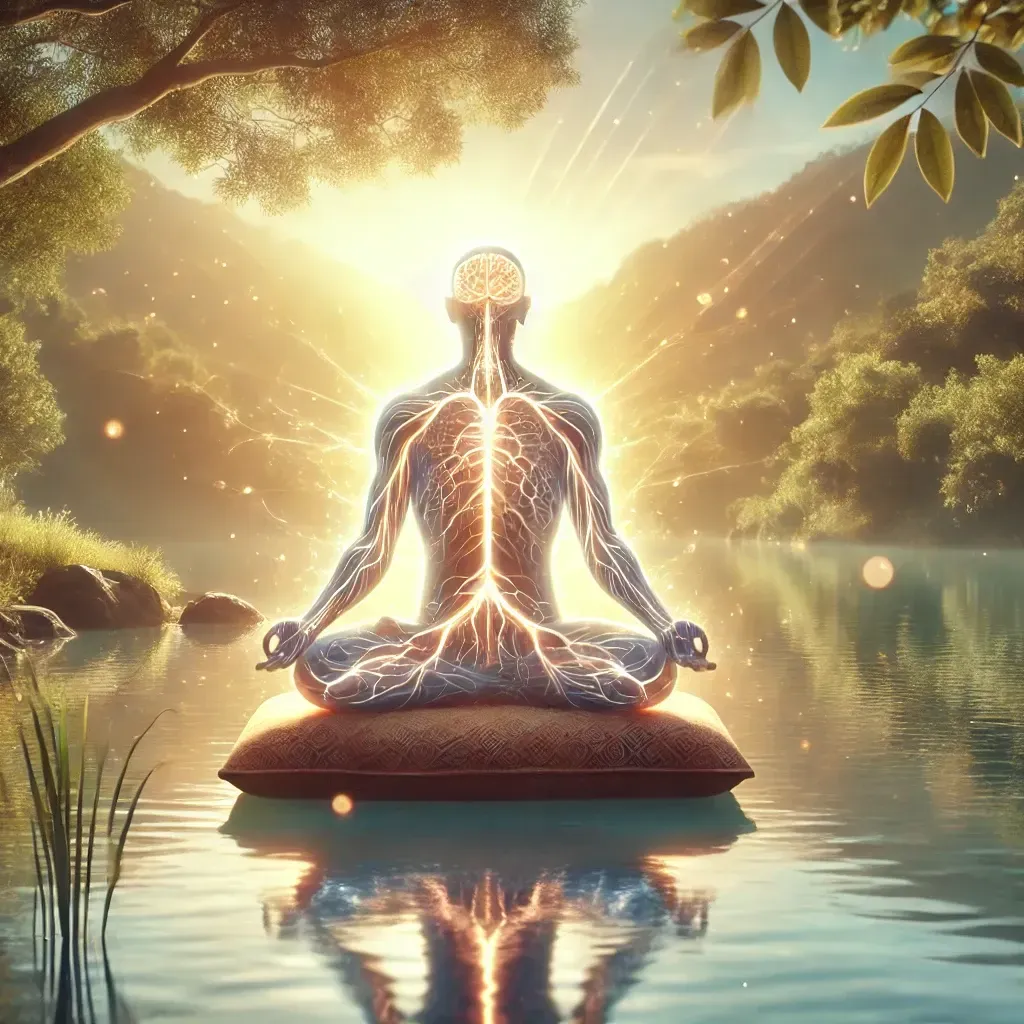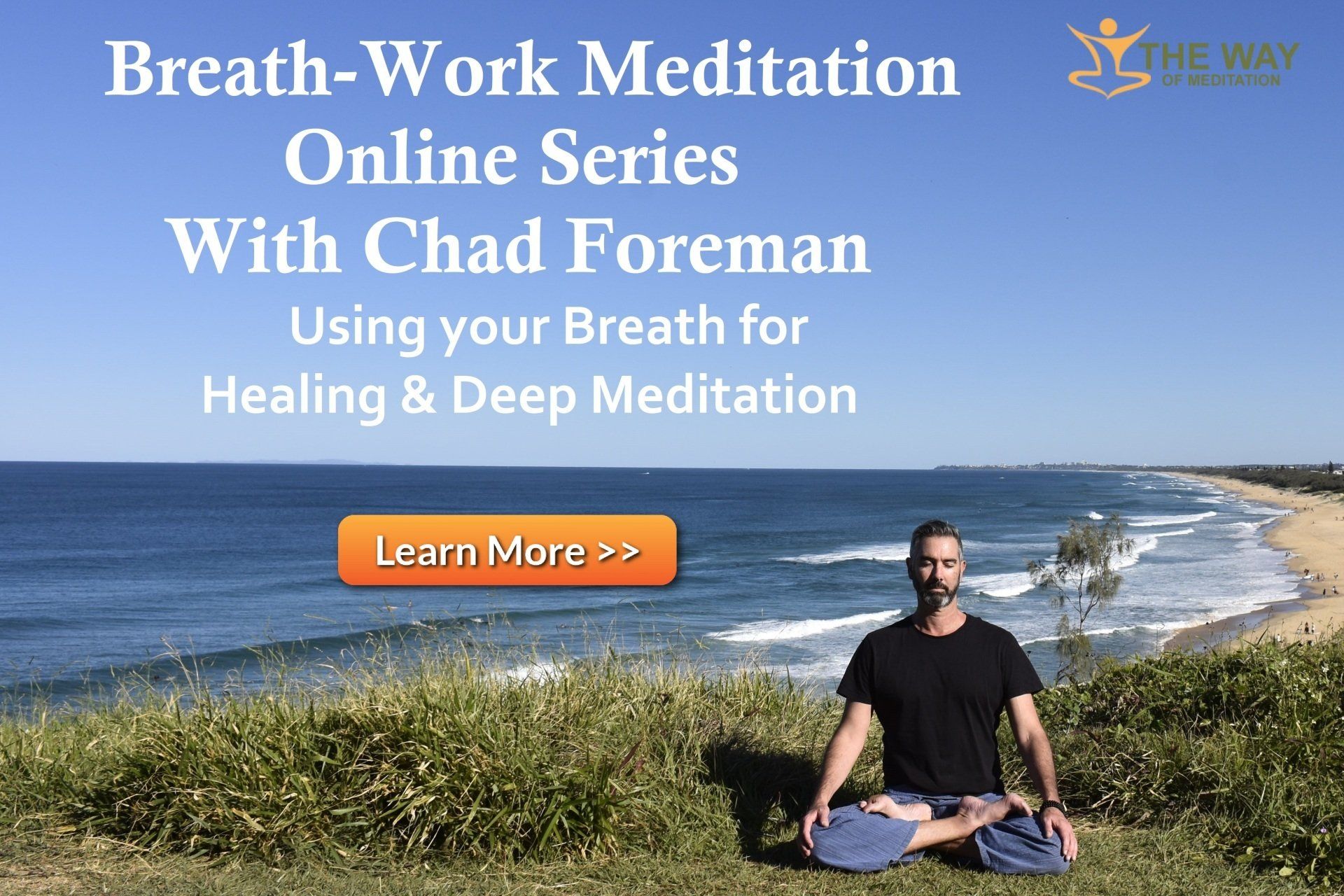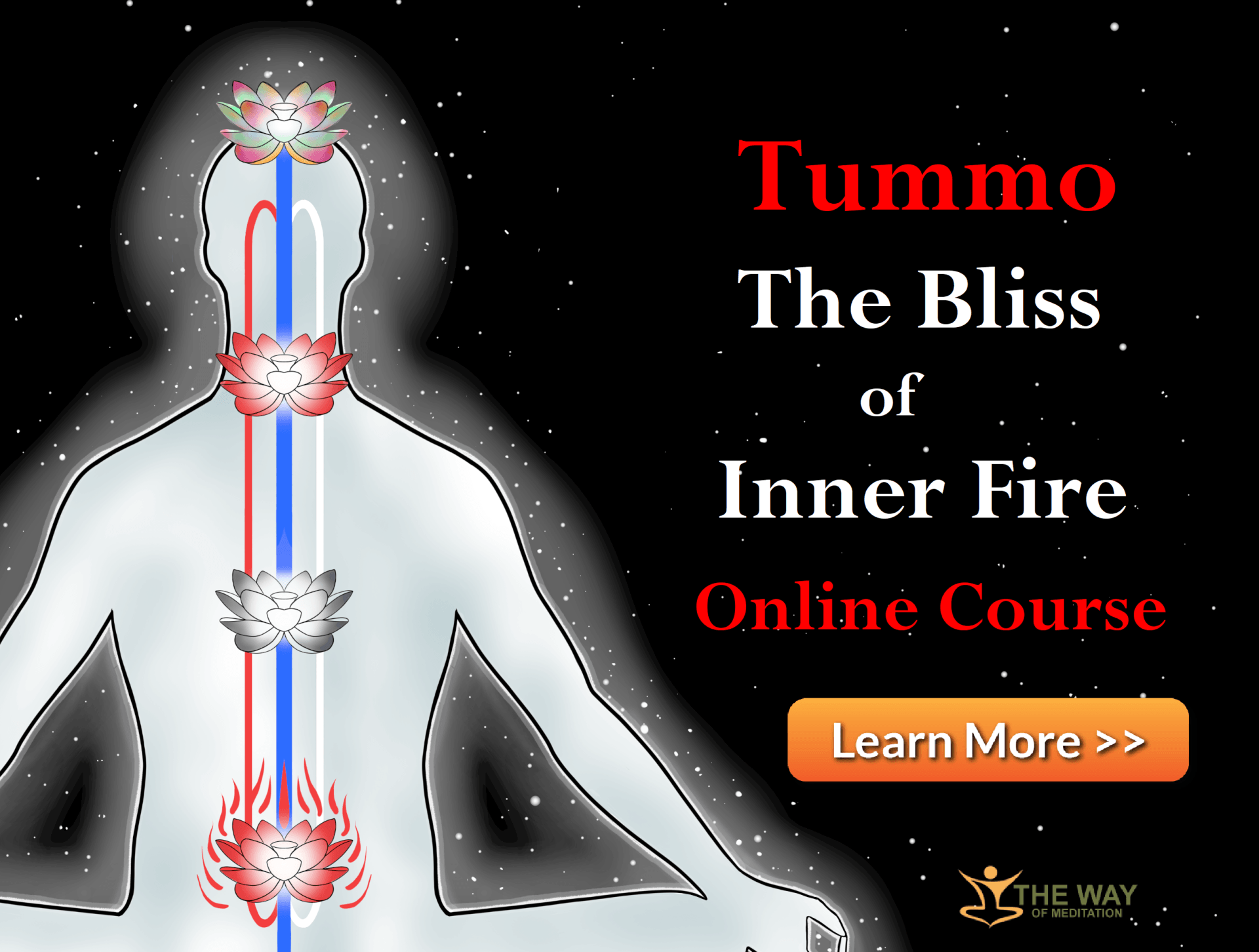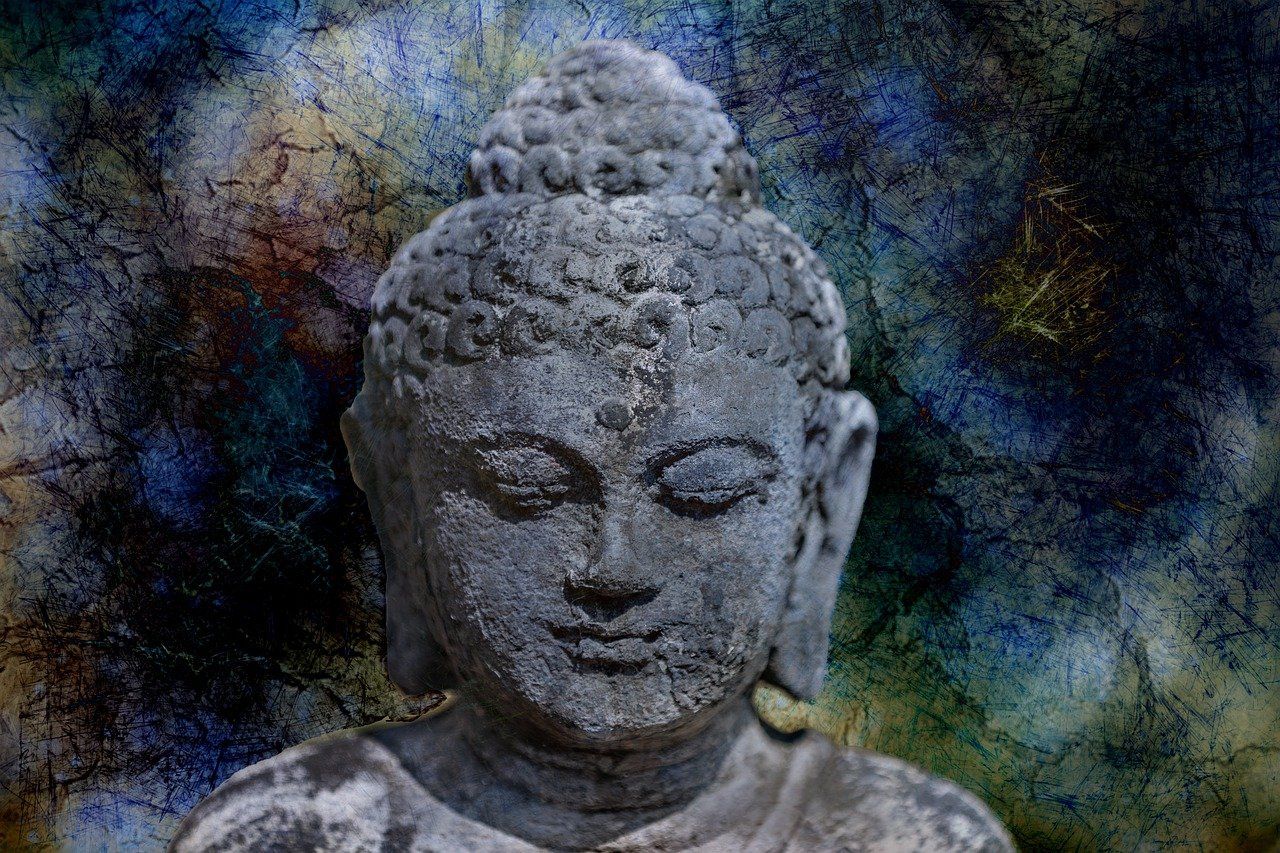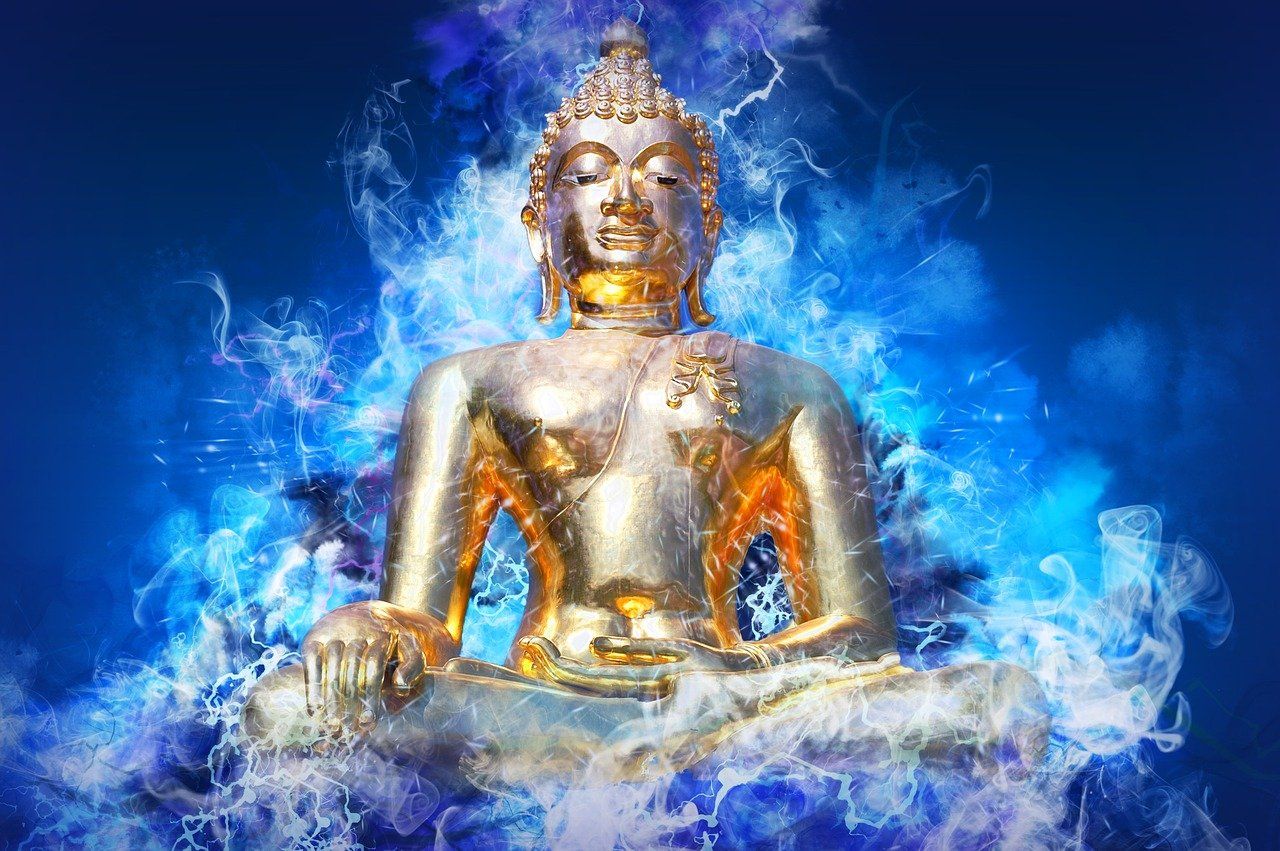Which of the Six Unenlightened Realms Are You Stuck In?
The Six Realms of Suffering: A Buddhist Map of Unhealthy Psychological States
“Awakening is not about transcending the world; it’s about seeing the world more clearly.”
The Buddhist teaching of the
Six Realms of Suffering
is often described as six "places" we’re born into, determined by karma which include hell realms and animal realms. Traditional Buddhists may have believed these were literal places people get reincarnated into after we die but prominent Buddhist teachers like Robert Thurman, Pema Chodron and Jack Kornfield have explained these teachings in terms of psychological structures we are trapped in or controlled by and it turns out they are very profound.
Of course what's a 'real place' and what's psychological projection is a tricky question in Buddhist circles, as one teacher explains:
"Looking at the world around us, and into our own minds, we can see that the six realms definitely do exist. They exist in the way we unconsciously allow our [destructive] emotions to project and crystallize entire realms around us, and to define the style, form, flavour and context of our life in those realms." - Sogyal Rinpoche
Viewed through a modern psychological lens, these realms are not literal places, they are metaphors for six psycho/emotional states that every human can experience when caught in cycles of unawareness or suffering. These realms are not outside of us—they are within us, shaping how we think, feel, and act. Most people are predominantly caught in just one but it's possible to cycle through several different realms even in one day.
The good news? These states are all impermanent and by cultivating self-awareness, we can see through the illusion of these realms and rediscover our natural wakefulness or enlightened essence. And by becoming aware of how these realms influence and shape our world we can start to live free of their power and regain conscious control over our lives.
Perceptions Create The Reality We Live In
The Buddhist teacher Chögyam Trungpa often emphasized that our perception doesn’t just reflect reality—it creates it. He taught that we live in self-constructed worlds, projecting hope and fear onto a neutral field of experience, which then becomes our personal drama. In my own teachings, I echo this insight: what we pay attention to becomes the world we inhabit. Our perceptions, shaped by past conditioning and emotional filters, define how we interpret each moment—turning life into heaven or hell depending on the lens we’re looking through. Meditation helps us step back from these projections, dissolving the filters and revealing the luminous reality that was always there beneath our assumptions.
Here are the Six Realms of Suffering and how to be free from them:
1.
The Hell Realm – The State of Anger and Hatred
The Hell Realm is a state of burning, unrelenting anger. This realm arises when we are consumed by rage, resentment, or a sense of being victimized. We’ve all been here—whether it’s lashing out at a loved one, seething at a perceived betrayal, or drowning in self-hatred. It feels like hell because we are imprisoned by the fire of our own emotions. Chogyam Trungpa described this as the "hot hell of aggression" where everything becomes a threat, and the world always feels hostile.
The way of meditation offers a way out. By observing anger non-judgmentally, we realize anger is energy—it’s not who we are. Anger, when seen clearly, dissipates like smoke. When you realize you are not your anger and it's just a temporary emotion you can allow the space, patience and courage to let it pass.
Lama Surya Das reminds us, "Holding onto anger is like drinking poison and expecting someone else to die." When we meet our anger with spaciousness and compassion, we discover the calm within and around the storm, and forgiving others brings us the peace we are looking for.

2. The Hungry Ghost Realm – The State of Addiction and Insatiable Desire
In the Hungry Ghost Realm, we are trapped by cravings that can never be satisfied. Picture beings with huge bellies and pinhole mouths—they’re always hungry, yet can never be nourished.
Psychologically, this realm most looks like addiction, consumerism, or emotional grasping—chasing the next relationship, the next purchase, the next drink, hoping it will fill the emptiness. But the void remains. No matter how much you get you always want more.
This tormented state is is ruled by compulsion and an unending thirst for more and never feeling enough.
Recognizing this within ourselves, meditation then invites us to be with the hunger instead of feeding it blindly. The antidote to craving is always cultivating contentment and gratitude. Lama Yeshe teaches that true joy arises from recognizing the completeness of this moment. By tuning into our breath, body, and heart, we shift from "not enough" to "this is enough" and we discover the natural perfection within the moment.
3. The Animal Realm – The State of Ignorance and Complacency
The Animal Realm represents a state of dullness, ignorance, and resistance to growth. In this realm, we avoid challenges, cling to habits, and live on autopilot. There’s comfort here, but also stagnation.
When we numb ourselves with routines, distractions, or shallow entertainment, we disconnect from life’s vibrancy. This realm keeps us trapped in what Trungpa calls "spiritual sloth," where we fear stepping into the unknown.
The animal realm is when we are always controlled by our primitive instincts and can't see other's perspectives. This easily leads to harmful actions with limited insights.
Meditation breaks the cycle. By practicing awareness, we wake up from our usual habitual patterns and begin to see life’s beauty beyond just surviving and start to have compassion for all beings. The simple act of sitting in meditation—alert, open, loving—reminds us we are not just here to survive but conscious beings with the capacity for wonder, beauty and enlightenment.
4. The Human Realm – The State of Desire and Striving
The Human Realm is often considered the most fortunate because it’s the realm of self-awareness. Yet, it’s also a state of longing and striving. In this realm, we constantly chase pleasure, success, and meaning while fearing loss, aging, and death.
The human realm desires love, happiness, and freedom, but we often look for these treasures outside ourselves. This realm is marked by dissatisfaction, the subtle ache of "something’s missing." Similar to the desire of the hungry ghost realm but here the dissatisfaction is about identity, we want to be more than we already are.
Meditation transforms this striving into presence. When we stop chasing what’s "out there" and turn inward, we discover a deeper fulfillment. The act of meditation is a radical display of being enough as we are; of being complete.
As a Zen Master once said:
"You are already what you want to become. You don't need to be someone else; you are a wonder of life.""
5. The Jealous God Realm – The State of Competition and Envy
The Jealous God Realm is a psychological state of comparison, competition, and insecurity. Here, we constantly measure ourselves against others—wanting their success, beauty, or happiness—while feeling bitter and inadequate.
This state arises from the ego’s need to "be better" or "win." Unfortunately this attitude is often encouraged in modern society.
Constantly comparing yourself to others is exhausting and never-ending, like climbing a ladder that stretches to infinity. Lama Surya Das describes this realm as
"a war we wage with ourselves."
It becomes a psychological prison we keep ourselves locked in but fortunately we are still holding the key.
Gratitude is the antidote to envy. By starting our day or our meditation sessions with gratitude we lessen the influence of this realm and by appreciating what we do have—our breath, our friends, our freedom—we shift from scarcity to abundance.
Rejoicing in other's success is also a wonderful way to disconnect from the harmful influence of jealousy. Consciously wishing others well and celebrating their victories actually restores the basic goodness of our soul.
Meditation helps us see that
comparing minds are suffering minds. In truth, there is no competition because everyone is a unique expression of essentially the same divine presence. By seeing this we are freed from competition and fully available to express our own unique good qualities.
6. The God Realm – The State of Temporary Bliss and Denial
The God Realm seems pleasant—a state of bliss, luxury, and spiritual highs. Yet, it’s deceptive. In this realm, we cling to pleasure and deny suffering. It’s the state of chasing peak experiences while ignoring life’s impermanence.
Think of someone who avoids discomfort at all costs, or spiritual seekers addicted to "feeling good" while bypassing their shadow. These realms are narcissistic and self focused, their pleasure and perspectives are all that are important to someone trapped in a god realm.
The lesson here is humility. Trungpa taught that true spirituality doesn’t avoid suffering—it embraces it. Meditation grounds us in reality, where bliss and pain coexist. By resting in awareness, we transcend both pleasure and pain, touching the timeless clarity of our true nature.
Moving Beyond the Realms
The Six Realms of Samsara are not separate "places." They are states of mind that we cycle through—sometimes daily, sometimes within moments. The realms arise when we lose contact with our innate wakefulness, falling into habitual patterns of anger, craving, ignorance, striving, envy, or denial.
But here’s the profound truth: none of these states define us. The Way of Meditation invites us to wake up. By observing these psychological states with mindfulness and compassion, we loosen their grip. Trungpa called this "cutting through spiritual materialism"—seeing through our own illusions.
At the core of all the realms is spacious awareness, untouched by their storms. Lama Surya Das reminds us that enlightenment is not elsewhere—it’s simply realizing our "Buddha nature," our innate wisdom and compassion.
“When we wake up, the realms become what they always were—passing clouds in the vast sky of awareness.”
Returning to the Natural State
The six realms teach us about the human condition. They remind us of the traps we fall into when we’re not fully awake. Yet, they also show us the way out. Through meditation, we discover that these realms are just stories, not ultimate truths.
As you sit on your cushion, observe your mind. Notice when anger arises. Notice craving, dullness, envy, or denial. Simply observe without judgment. You’ll begin to see the impermanence of these states and the timeless awareness beneath them.
This is the ultimate liberation—not escaping the world, but seeing it clearly. When we recognize the six realms within us, we also awaken the wisdom to live beyond them.
As the Zen saying goes, “When you realize there is nothing lacking, the whole world belongs to you.”
Written by Chad Foreman

Chad Foreman is the founder of The Way of Meditation and author of the Sky Wisdom Oracle Cards. Chad has been teaching meditation since 2003, determined to bring authentic meditation practices into the lives of millions of people in the modern world. Chad is a former Buddhist monk who spent 6 years living in a retreat hut studying and practicing meditation full time and has now has over twenty years experience teaching meditation. Chad holds regular Meditation Retreats on the Sunshine Coast Australia, has Online Meditation Coaching, delivers three online programs - The 21 Day Meditation Challenge to help guide people gradually from the basics of mindfulness and relaxation to profound states of awareness. Breath-work to help manage stress and go deeper into meditation and The Bliss of Inner Fire which is a Buddhist tantric method for purifying energy blocks and contacting the clear light of bliss. AND you can also now get Chad's free e-book Insights Along the Way.
Get A FREE
Guided Meditation Series
with Chad Foreman
